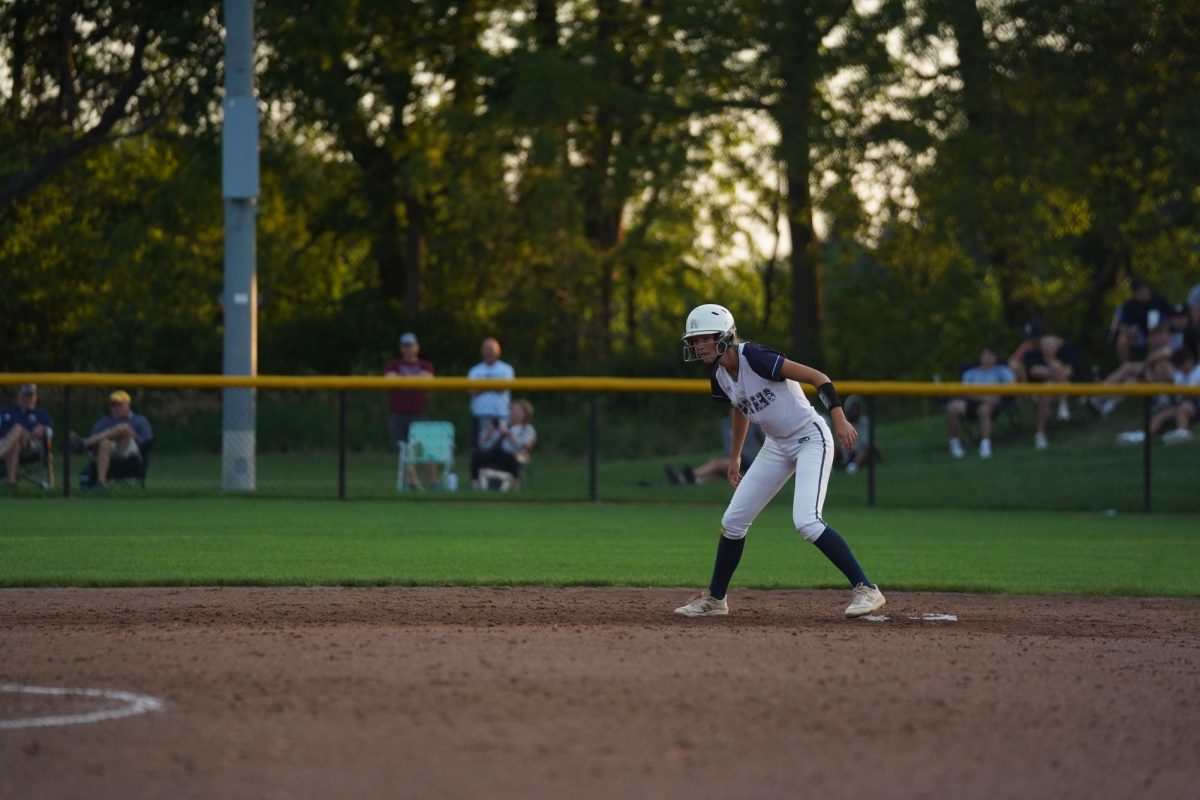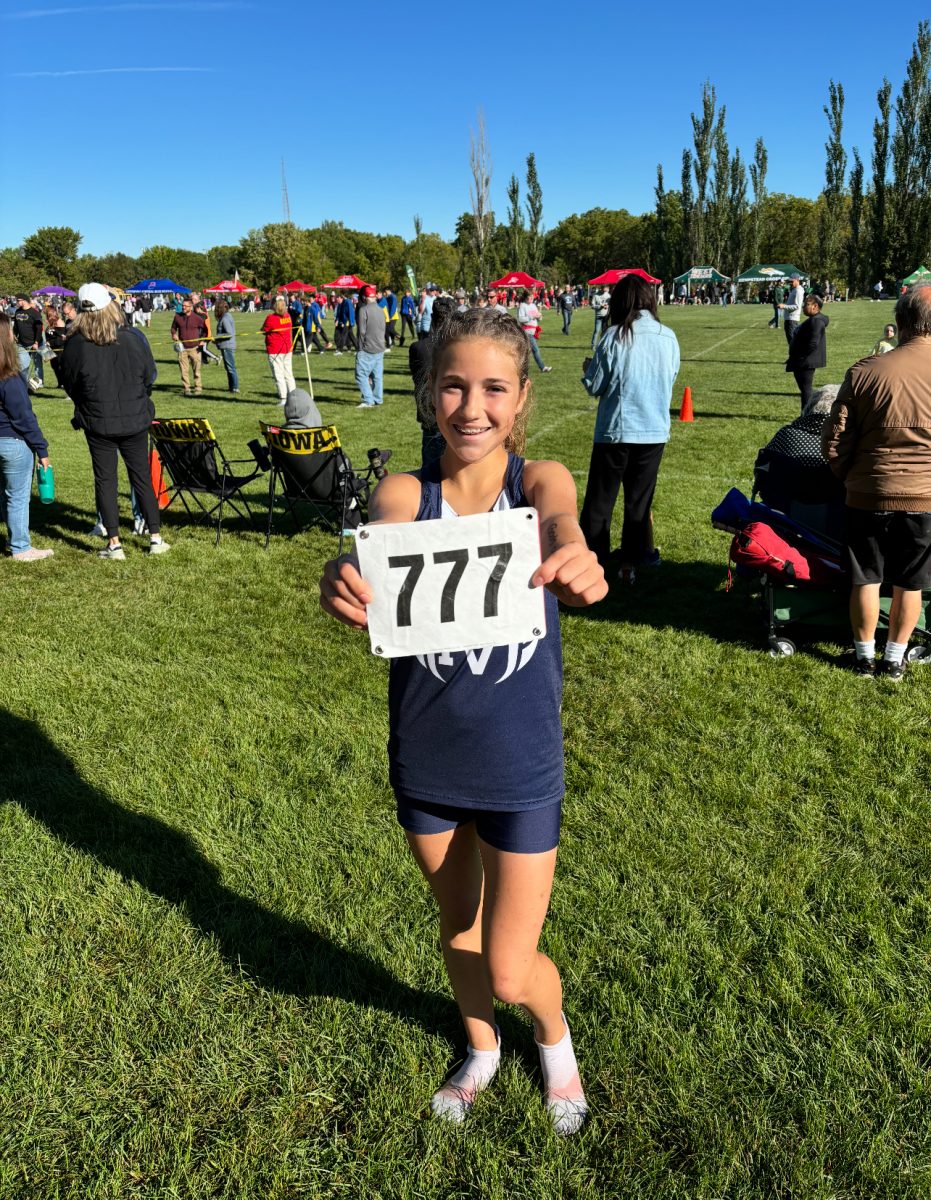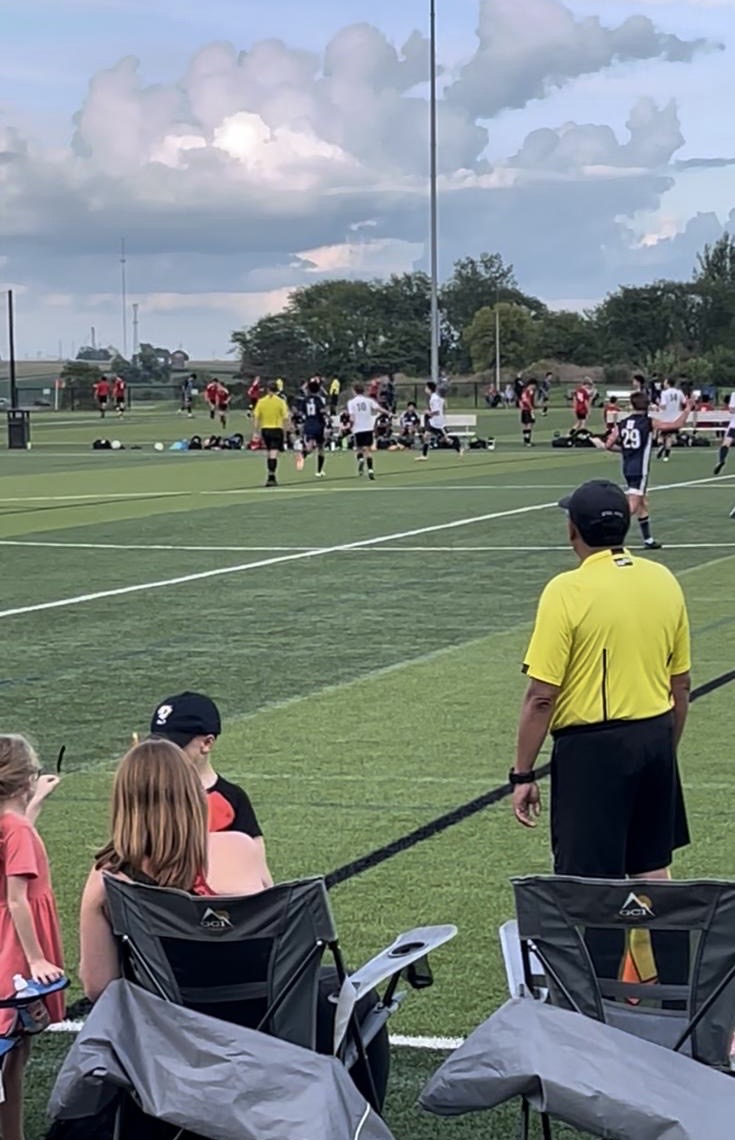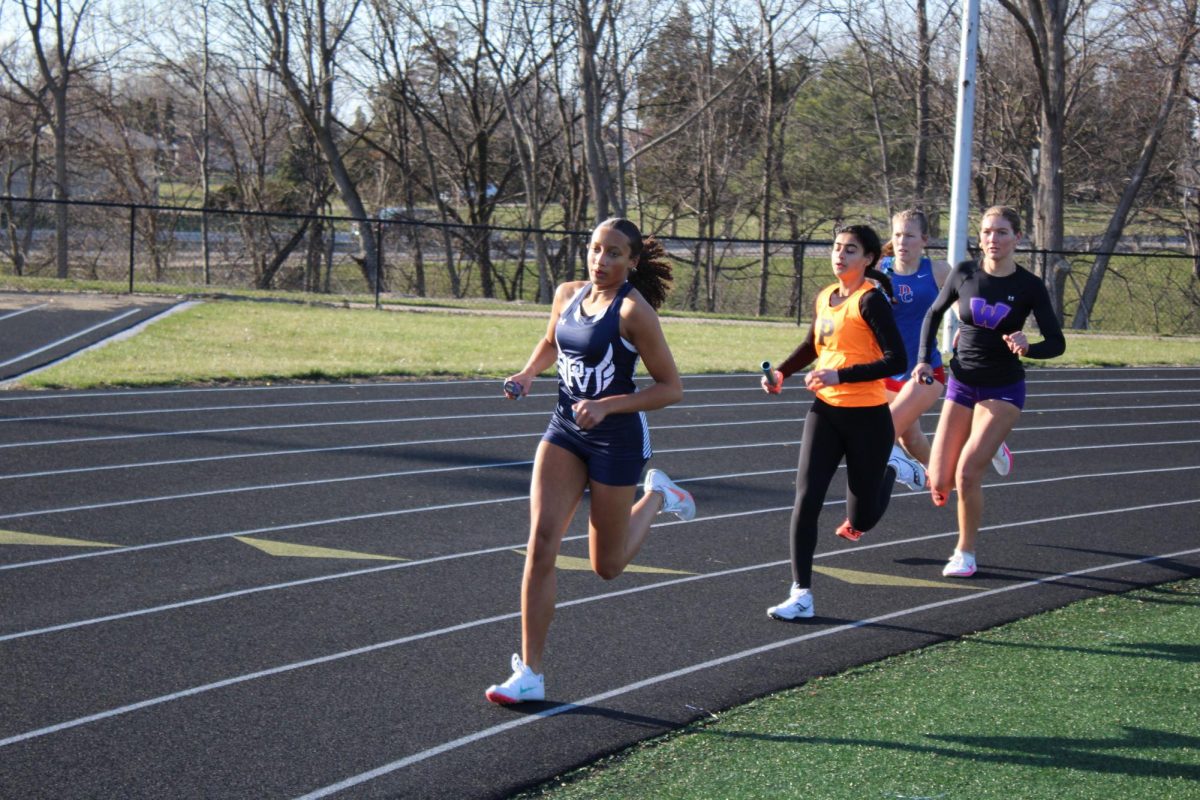For both golf fanatics and ordinary sports fans alike, the names Arnold Palmer, Jack Nicklaus and Gary Player ring a bell. The iconic “Big Three” stood out as America’s finest golfers and revolutionized the game of golf. But among the sport’s ringleaders is another hidden star – a man whose name is seldom known yet arguably the most important.
That man is Lee Elder.
The golf world has mourned the recent passing of Elder on Nov. 28, 2021, after his career as an outstanding golfer and advocate for racial equality on the PGA Tour.
Elder first took the mainstream golfing stage in the 1975 Masters Tournament, being the first Black man to ever compete in the tournament. He had always been a big name for his incredible play on the United Golfer’s Association (UGA), a Tour for Black golfers, with 18 consecutive wins but was never given the opportunity to shine on the big PGA stage until far into his career.
Although earning a spot in the Masters Tournament was not Elder’s first PGA Tour showing, it can be recognized as the most symbolic. Since the tournament’s debut in 1934, the Masters was open to white, male golfers only. In 1975, Elder rightfully earned his spot in the tournament after winning the Monsanto Open the year prior.
Despite this major win for racial equality, the road to full inclusion in the game of golf was far from near. Elder’s recent passing has spurred discussion about representation in the sport.
Golf has long been a sport dominated by white men, discriminating against people of color and women for longer than most sports.
Since the abolishment of the Caucasion-only clause in 1961, the PGA Tour has extended its field to players of all races and ethnicities, but the underlying acts of racial inequality are still seen today.
In 2021, following a summer of extreme racial injustice, Elder was invited to the prestigious Master’s Tournament once more but this time as an honorary starter. Such an honor is usually awarded to a player for their career of fine golf play, but Elder’s invite was largely based on his race, sparking questions about whether Elder’s invitation by the PGA was sincere.
If the long overdue invite was not bad enough, during Elder’s honorary presentation on the first tee, Gary Player’s son took Elder’s spotlight to advertise a brand of golf balls during a time that should have been for Elder and Elder alone.
Senior PV golfer Nathan Tillman was upset about this tactless behavior. “Watching Gary’s son disrespect Lee was very disheartening. While Lee is getting recognized for his accomplishments and advancing the sport, Gary’s son is worried about selling golf balls. It was totally unacceptable,” Tillman stated.
For it being the 21st century, it is shameful that the game of golf still tolerates blatant disrespect towards a serious issue.
Many argue Elder’s lack of recognition is due to his insignificant success in comparison to that of Palmer, Nicklaus and Player. Although this is statistically correct, Elder was never given the opportunity to earn as many PGA Tour victories as his white counterparts since racism prohibited his admission to the Tour until 1961. By this time, Palmer had already racked up 27 professional Tour wins.
Although Elder’s accomplishments have lacked full support by society, his courageous acts both on and off the course have inspired many golfers at PV.
“Lee Elder is one of the main reasons I’m in golf. My dad first came to the U.S. and became an avid golf fan from watching Lee Elder and then Tiger Woods. I wouldn’t be a golfer today if it weren’t for Lee Elder,” stated senior PV golfer Tarun Annavajjula.
Tillman also chimed in about his admiration for Elder. “I think it’s amazing that he was able to compete at a high level when not only his competitors were against him but the crowd was too. His resilience and dedication to the game is something to look up to,” Tillman stated.
Although Elder’s life has come to an end, the work he has done for Black golfers will never be forgotten. Elder pioneered a more inclusive atmosphere on the PGA Tour amidst a wave of racial injustice.
Elder’s passing is a reminder of the work he has done to this point, and the length of work still to be done in order to achieve full inclusivity in golf.









